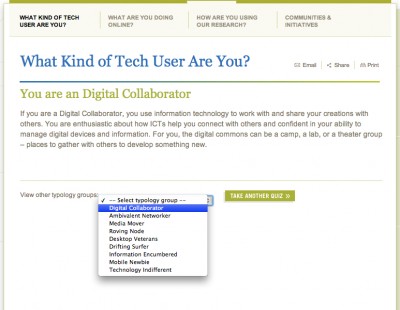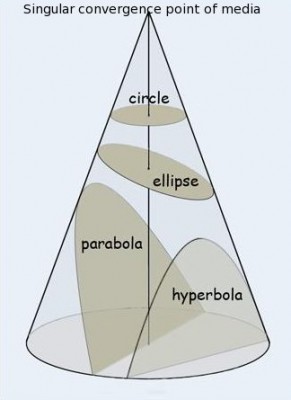Happy New Year everyone! I’m currently writing an article on how social media (Facebook, Twitter, blogs, etc.) are changing universities. I’m interested in how academic research, teaching, and service, as well as the administration, admissions, and other aspects of university life are being reconfigured (or not) in light of these new technologies. I’d like to open up a conversation and see if anyone has empirical or conjectural thoughts on this. Please let me know, as I’d like to cite others’ experiences or ideas if possible.
If it helps, I’m adapting McLuhan’s “tetrad” to interrogate this within the university context: What do social media enhance or intensify in universities? What do social media render obsolete or displace? What do social media retrieve that was previously obsolesced? What do social media produce or become when pressed to an extreme? – Don Waisanen

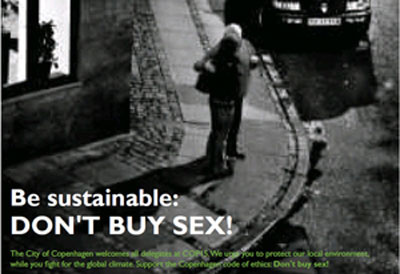

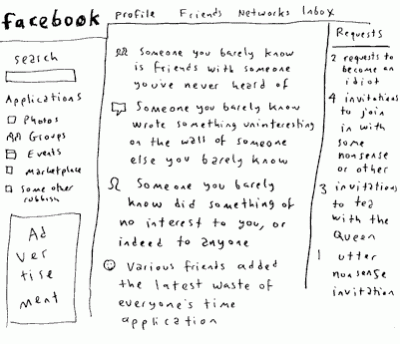
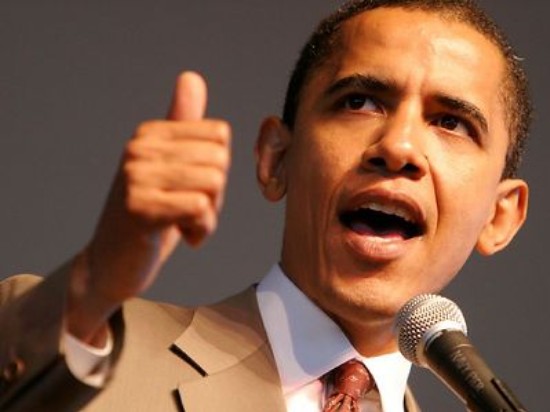
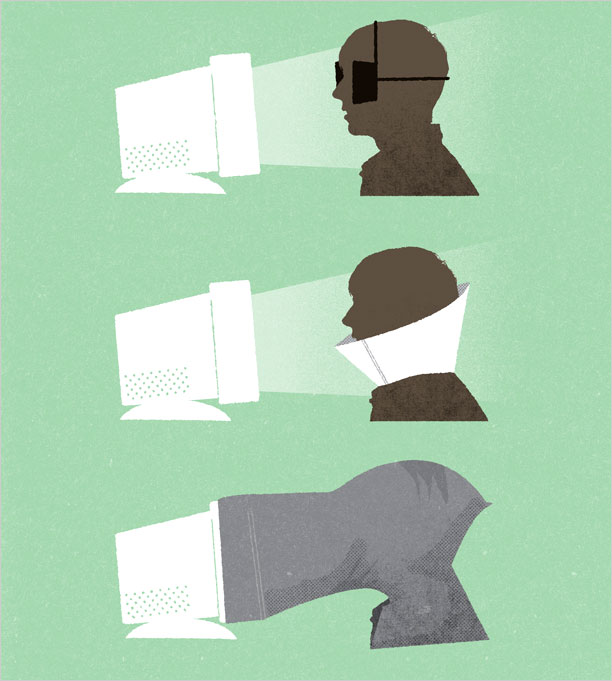

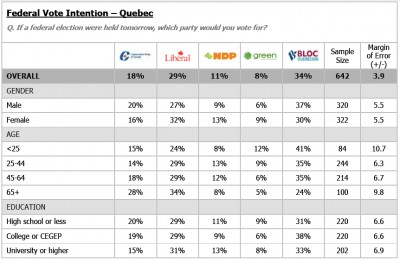
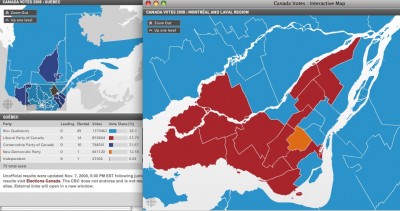
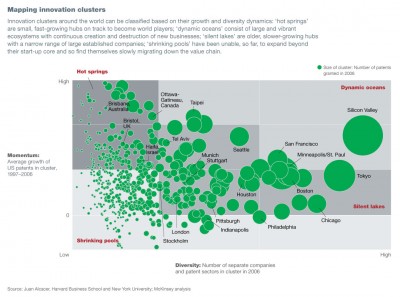
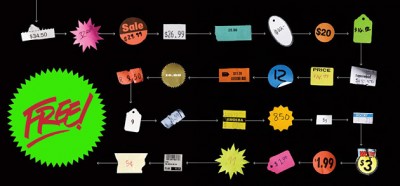 Macleans had two articles on the buzz generated by
Macleans had two articles on the buzz generated by 